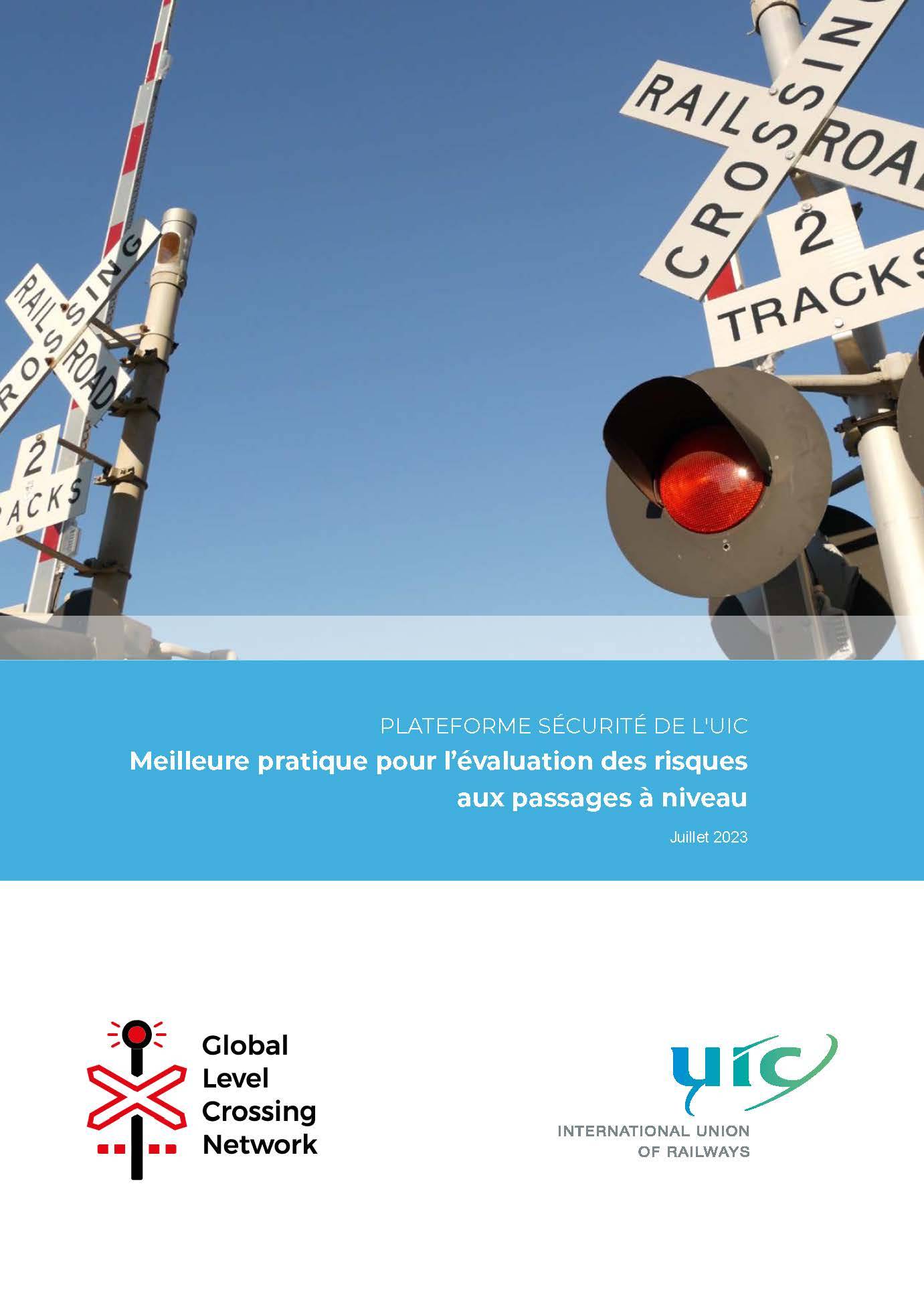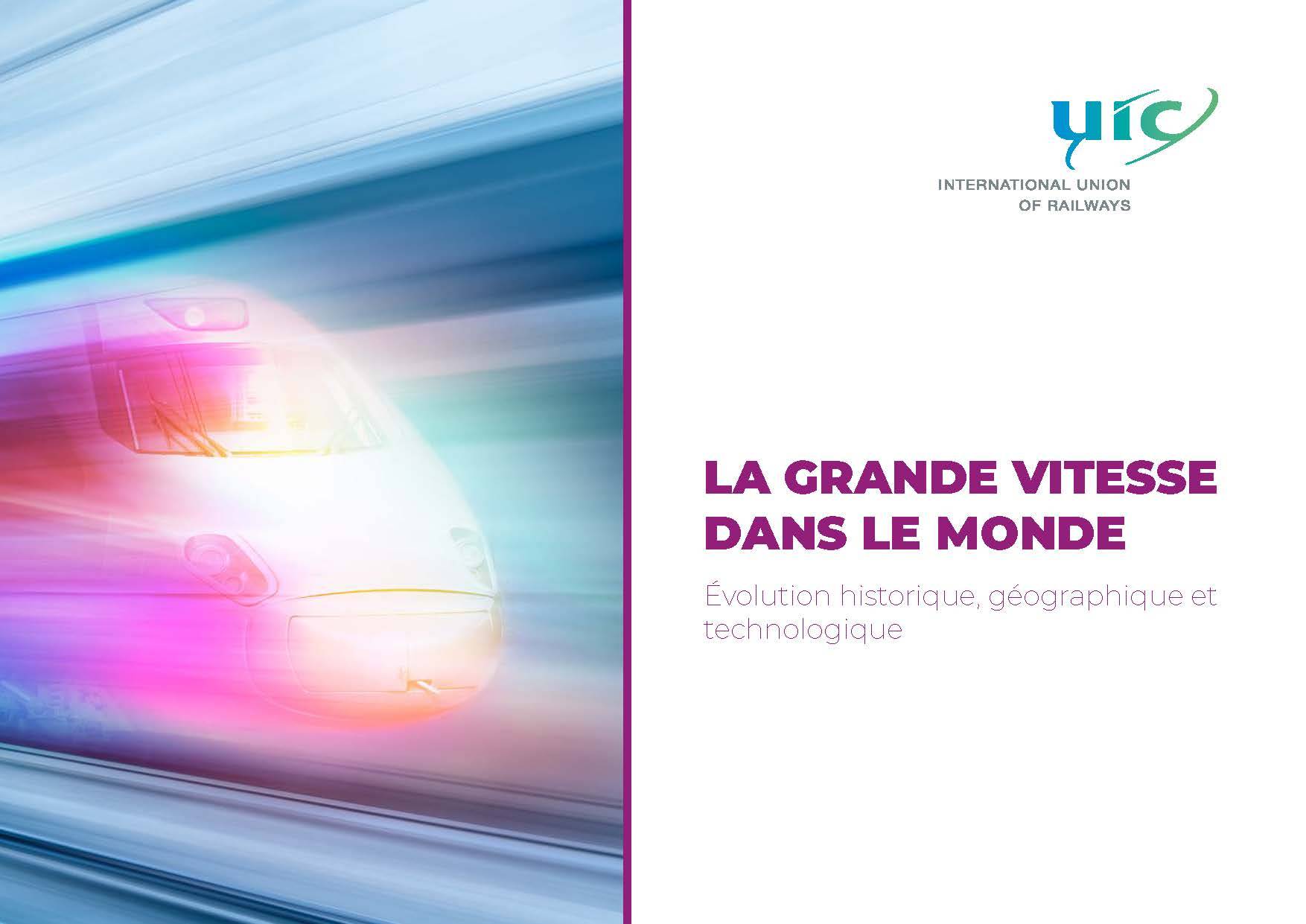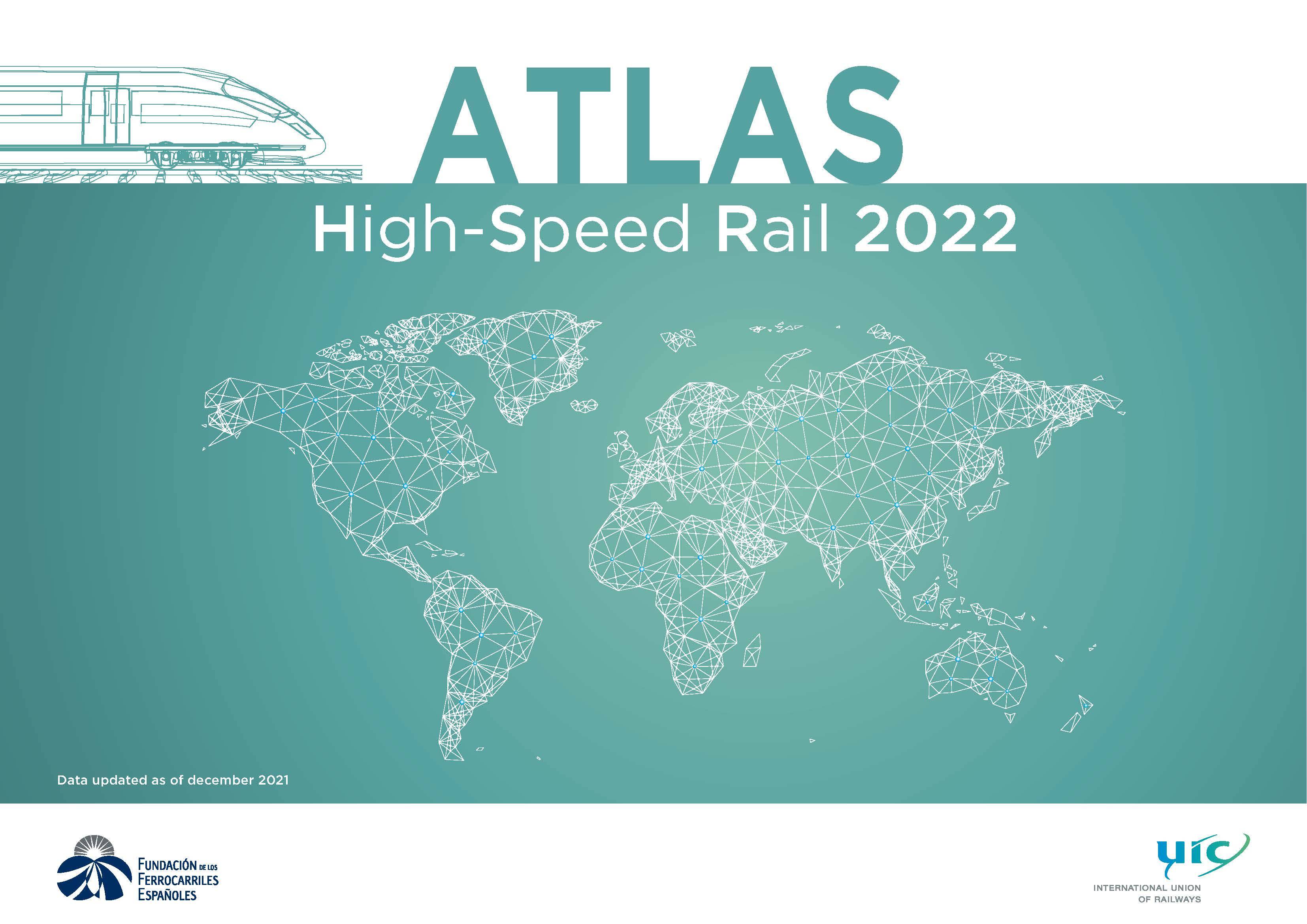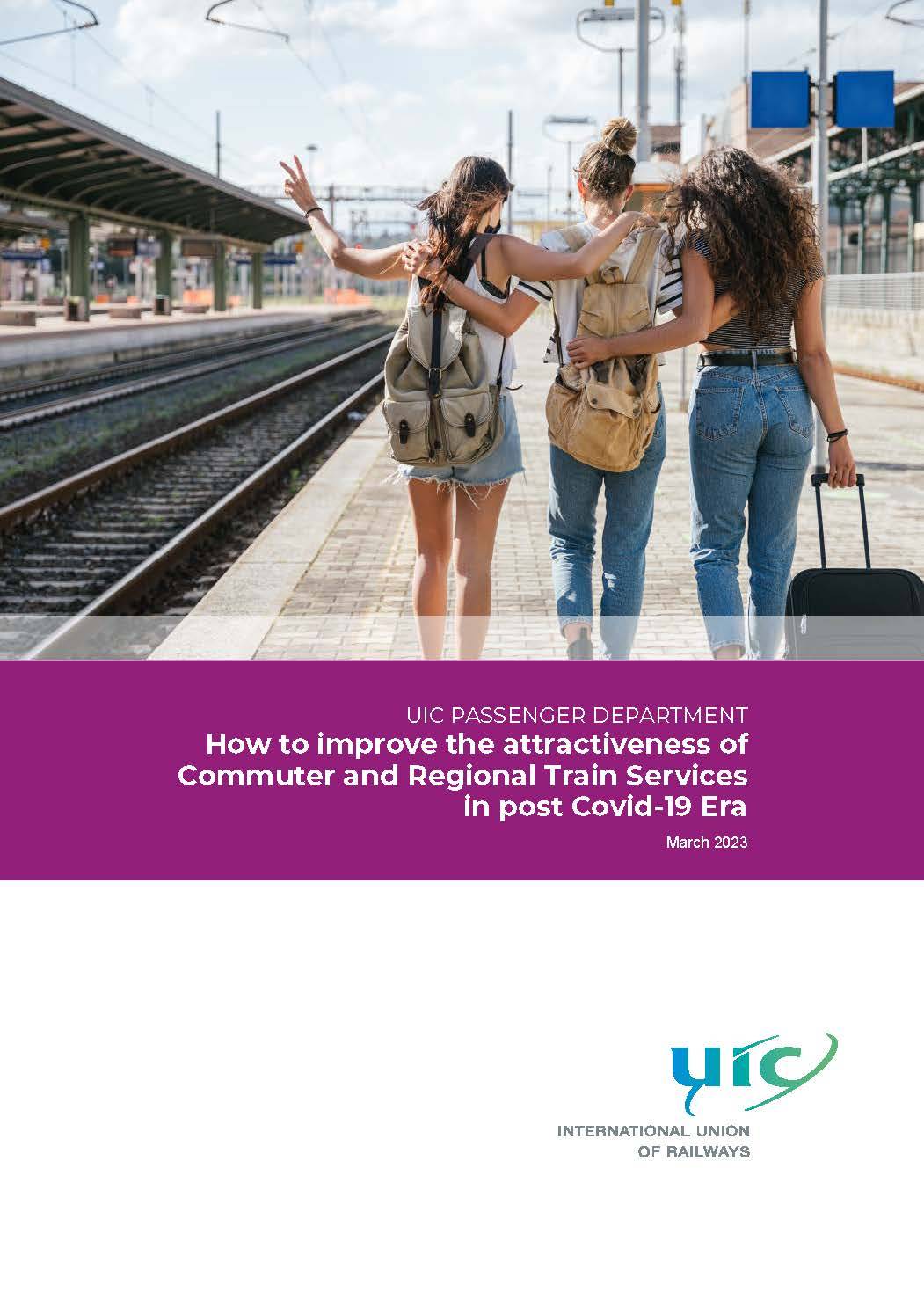Research and Innovation
Research and Innovation Projects
General context of the business activity
Since the beginning of the 2010s, there has been a significant push on the part of political institutions at global, regional and national level for the overall transport system to provide better responses to changing user needs and expectations. Sustainable, seamless, comfortable and integrated mobility is becoming the key issue for a world population that is constantly growing and moving and is more crucial than ever to economic performance.
As part of the global transport system, the railway system is an important provider of transport solutions for the mobility of goods and people all over the world. Railways offer good performance in terms of safety, environment, total journey time, low emissions and low energy. However, given the increasing need to address climate change and deliver excellent services to customers, railways must explore and develop their potential to offer attractive urban, regional and long-distance mobility as part of an integrated multimodal chain, and can no longer operate in isolation as a transport mode.
As a future-oriented global industry, railway transport is striving to offer an even more sustainable, attractive, affordable, safe, clean, competitive and reliable transport mode, well placed within and interlinked with the other modes in the global transport system. The railway sector must constantly innovate and harmonise products, technologies, methods and processes in order to thrive and to provide customers with the services they need.
Investment in research, development and innovation (RDI) is the critical element for development and further integration of the railways in the multimodal transport chain. This has not proven easy, given the series of recessions that have disrupted the world economy since 2008. Contrary to what may have been expected, the economic crisis has generated a strong and sustained push toward more research and innovation as a key element of new economic policies. RDI is promoted as a critical instrument in generating sustainable growth and employment with due regard for climate change mitigation. If the railway sector wants to keep growing and become the backbone of the world’s transport system, a focus on and support for adequate investment in research and innovation must be pursued tirelessly.
Achievements to be highlighted
UIC Research Portal (& database)
UIC Innovation Awards
UIC participated in 32 projects of FP7, 15 projects in Horizon 2020 and 1 in the Internal Security Fund - Police programme
Research, together with standardisation and promotion of railways, is regarded as one of UIC’s core business activities. UIC is committed to supporting the efforts of its members to resolve current and future operational issues and problems in order to build better railways. The long-standing cooperation between UIC and its members is characterised by constant exchange of information based on the results of research projects (conducted by our members, leading rail research institutes and academia), benchmarking and studies and research, development and innovation, as well as the development of common standards.
The UIC research portal is intended to play a crucial role in facilitating this process. This portal collects and maintains information from numerous global sources. Its primary purpose is to build on information shared by our members and research institutes and by industry-leading research providers used and recommended by our members, as well as data obtained by linking up globally with other rail research databases.
Research ranges from gathering information and best practice to developing new knowledge and demonstrating the feasibility of study results. Research may be carried out through internal UIC projects and by taking part in external projects such as those funded by the European Commission’s Framework Programme for Research (also open to non-EU-based UIC members). Such projects include the FP7 and Horizon Europe projects.
UIC plays an important coordination role for the global railway operating community (ROC) in terms of research and innovation. The International Rail Research Board (IRRB) is a working body supporting members at global level, while the Research and Innovation Coordination Group (RICG) provides member support at European level.
The IRRB (International Rail Research Board).
The objective of the IRRB is to effectively and efficiently promote the research and development activities conducted independently by UIC members and member railway research organisations (research institutions) worldwide so that they can contribute to railway development around the world. The IRRB also informs research institutions of the research needs and activities of each of the UIC working bodies, such as the Rail System Forum, Passenger Forum, Freight Forum and Platforms, and discusses common regional research needs and priorities. If R&D in these areas is not being conducted at UIC, the IRRB may put forward proposals to begin R&D activities or to engage in common benchmarking and research if common member priorities are identified. The IRRB works on all aspects of the railway system on a cross-sectoral basis.
The RICG (Research and Innovation Coordination Group), chaired by Mr Bo Olsson of Trafikverket with Mr Jürgen Maier (BLS) and Ms Karin Biffiger (SBB) as vice-chairs, is UIC’s second research-focussed working body, mainly supporting European UIC members. It is tasked with coordination of members’ research efforts, preparing common positions on European research and innovation strategy and priorities for EU funding and defending UIC members’ vision at ERRAC (European Rail Research Advisory Council to the European Commission). The RICG also has a role in facilitating member participation in EU-funded research projects, either through UIC services or directly.
At ERRAC level, UIC assumed secretariat duties in 2018 with a mandate for three years. In liaison with the European members and the RICG, the new Secretary supports the work of ERRAC, notably the implementation of its new Rail 2050 Vision and the definition of research and innovation priorities for the next decade (to 2030) in pursuit of this vision.
UIC also contributes to the organisation of the WCRR (World Congress on Rail Research) every two years, gathering the global rail research and innovation community around a theme to debate and exchange on the latest developments in the sector and beyond. The next edition of the event, with "Reshaping our railways post pandemic: Research with an impact” as the guided theme will take place in Birmingham, UK, from 6 to 10 June 2022.
In addition, the IRRB and UIC organise innovation awards every two years to promote the railway sector and stimulate the creativity of its researchers and engineers in addressing the challenges inherent in the sector in order to develop solutions that will lead to the train becoming the backbone of future transport systems.
Reference to how the business is organised
The Research and Innovation unit is a transversal unit supporting UIC’s technical departments and members in organising and coordinating research efforts. Liaising with the European institutions with regard to research and innovation, and promoting railway research and innovation to both global and national institutions, the unit actively supports two member-led working bodies (IRRB and RICG), provides secretariat services to ERRAC and contributes to the organisation of two major events which alternate each year: the WCRR and the UIC Innovation Awards.
UIC Research team
Mr Christian Chavanel, Director Rail System Department
Mr Martin Brennan, Head of Research and Innovation at UIC; Secretary of ERRAC
TBC, Assistant Research, Innovation & Standardisation
Rail System news



Rail System events
Publications

Meilleure pratique pour l’évaluation des risques aux passages à niveau

PROACTIVE Pre-Incident Public Information Materials for CBRNe Incidents

La grande vitesse dans le monde - Évolution historique, géographique et technologique

Atlas High-Speed Rail 2022 - A3

HIGH-SPEED RAIL, the right speed for our planet - Key Messages (11th UIC HS Congress)







